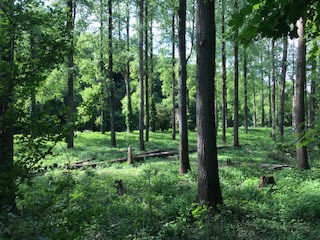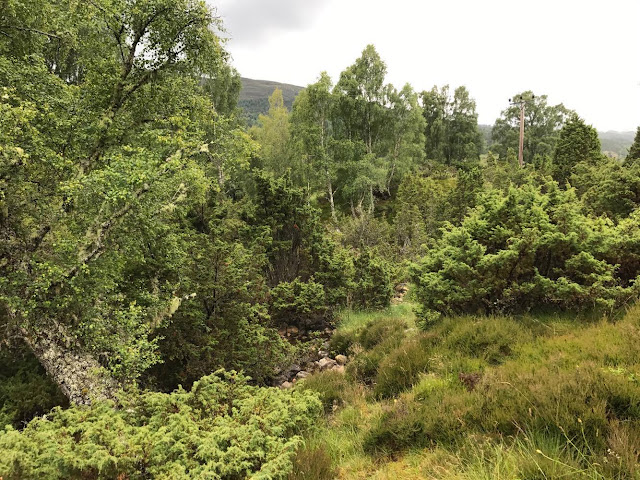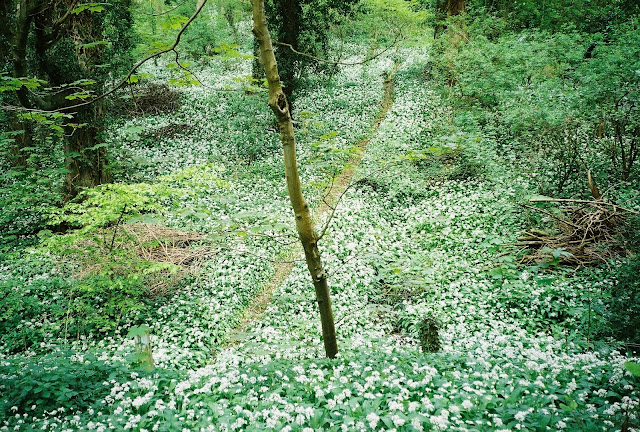Beavers in Britain: some thoughts on the mid-2010s beaver craze
Picture taken from the Wildlife Trust
Myself and other environmental-leftist thinkers will have been cornered into a strange position in the previous few months; agreeing with a proposal that infamous tory politician Michael Gove has put backing behind. Indeed, as environmental secretary, he has been saying many of the ‘right things’ when it comes to environment, sustainability & their future in Britain. Gove has recently given his backing to the proposal for the reintroduction of beavers to the Forest of Dean where they have been absent for four hundred years.
Elsewhere in the West country, the Devon Wildlife trust has been conducting a heavily monitored trial release of beavers in the River Otter since 2015. These are just a few of the voices clamouring for beaver reintroduction to the united kingdom, amidst calls for other reintroductions, many of them much less timid creatures as the beaver.
The twist (for me, at least,) is that the recent success for the beaver reintroduction cause in Britain doesn’t necessarily fall along a wholly environmentally-minded standpoint, or one of care and respect for animals and their habitats; beavers instead represent a financial and political investment. Politically, Gove is somewhat detoxifying the conservatives awful environmental record, which was at best lukewarm in approach under David Cameron, while more recently Theresa May infamously re-opened debate on fox hunting. Economically, beavers have finally been understood (after landowners finally accepted that they will not eat their fish stocks as they are herbivores) to be good for flood management and riparian repair, allowing the beavers to become a free utensil for infrastructural development, as beavers in the Forest of Dean will build dams, aiding in preventing flooding in nearby Lydbrook. Beavers and other reintroductions and aspects of rewilding are often examined as possibilities for a new ecotourism economy.
This is not uncommon, or necessarily even bad, in conservation thinking. At Knepp Estate, the famed Sussex rewilding estate, the roaming animals that help carve the unique and beautiful landscape are eventually sold to be eaten, procuring funds for the maintenance of said landscape. This is seeing animals as tools, rather than as functional cogs within a landscape, with humans also occupying a role. Admittedly, Knepp is crushed for an option of what to do with their animals as they lack any natural predator.
In Scotland, November 2016, beavers were given native status. This was received with much applause for those interested in the populations established in Knapdale, Argyle and Tayside. Less than a full year later, in the summer of 2017, a population was discovered in Beauly, where it was likely that they had lived for up to eight years, and it was decided that they would be removed despite the November 2016 decision. Two beavers died in removal. It's important to realise that native status means very little for how we are going to treat an animal; just think of foxes hunted by packs of dogs; grouse and other birds shot for sport, and huge numbers of animals culled yearly for a variety of reasons, from overpopulation to disease control. Think also of the once native animals that were hunted to extinction despite their ‘nativeness.’ Native is just a word, and doesn’t offer all that much protection.
The Forest of Dean beaver reintroduction remains a unique opportunity for a spectacular and missed herbivore to thrive once again and reimmerse itself in the puzzle of ecological relationships that it once leant an earnest hand towards, but the machinations of the economy and politics wait above the water; should these beavers need removing or terminating, they will be.
On a positive note, it is worth remembering that the beavers waiting to be reintroduced have a future in a ripe and new territory to find a new home in, to flourish in new communities and families, free from politics or money or any workings that may have lines on them; they will find some peace and freedom, and they will find it in the West Country.
Patrick Barkham on Britain & reintroductions:
the November 2016 native beaver decision in Scotland:
the removal of the Beauly beavers:



Comments
Post a Comment